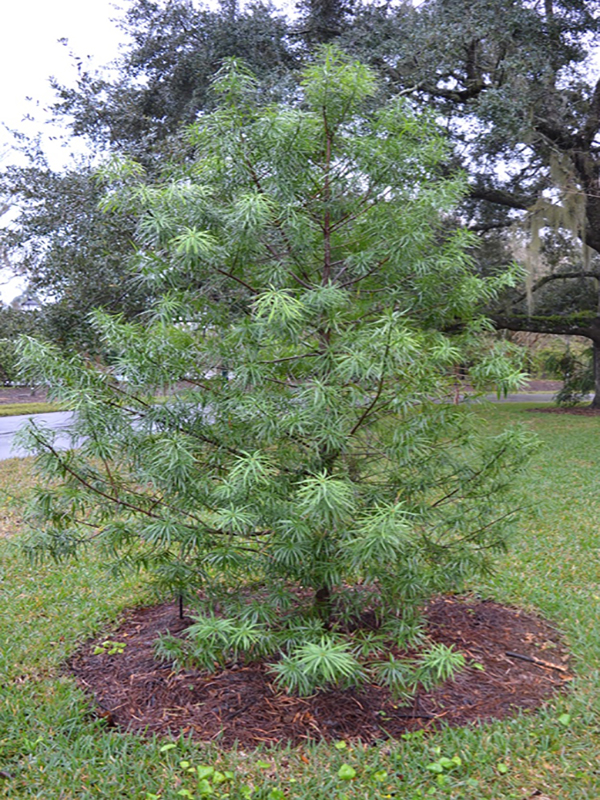
Tropicals, Woody > Podocarpus > Podocarpus henkeli > Podocarpus henkeli
Podocarpus henkeli
Henkel's Yellowwood
| Family |
| Podocarpaceae |
| Genus |
| Podocarpus |
| Species |
| henkeli |
| Category |
| Tropicals, Woody |
| Type |
| Tree (evergreen) |
| USDA Hardiness Zone |
| 8a - 11 |
| Canadian Hardiness Zone |
| Requires cold season protection under glass. |
| RHS Hardiness Zone |
| H5 - H1c |
| Temperature (°C) |
| -15 - 10 |
| Temperature (°F) |
| 5 - 50 |
| Height |
| 20 to 30 m |
Photographs
Description and Growing Information
Flowering Period
| General Description |
| An evergreen tree with dark grey to pale grey-brown, longitudinally fissured bark. |
| Landscape |
| Specimen tree for lawns. |
| Cultivation |
| Grows best in deep and moist, sandy or loamy soil. |
| Habitat |
| Podocarpus henkelii is found from the former Transkei in the Eastern Cape to KwaZulu-Natal. It is most abundant in moist inland forests, locally common in montane forest of the Northern KwaZulu-Natal Drakensberg. The largest concentrations of Podocarpus henkelii are found in areas between Mt Ayliff, Kokstad and Harding. |
| Bark/Stem Description |
| A straight stemmed forest tree, reaching 20 - 30 m in height. |
| Leaf Description |
| Bright green to bluish green and glossy above, dull green with a prominent midrib below. The young leaves are pale green and soft. |
| Flower Description |
| Male cones are erect, pink, and 2-3 cm long and are solitary or in clusters of up to 5. Female cones are solitary, but shortly stalked. |
| Fruit Description |
| Large and roundish and 1,5-2 cm in diameter and olive green to yellowish green when ripe. |
| Texture Description |
| It has grey and ridged branchlets and the young shoots are pale green and angular. |
| Notable Specimens |
| Harry P. Leu Gardens, Orlando, Florida, United States of America. Trebah Garden Trust, Mawnan Smith, Falmouth, Cornwall, United Kingdom. |

